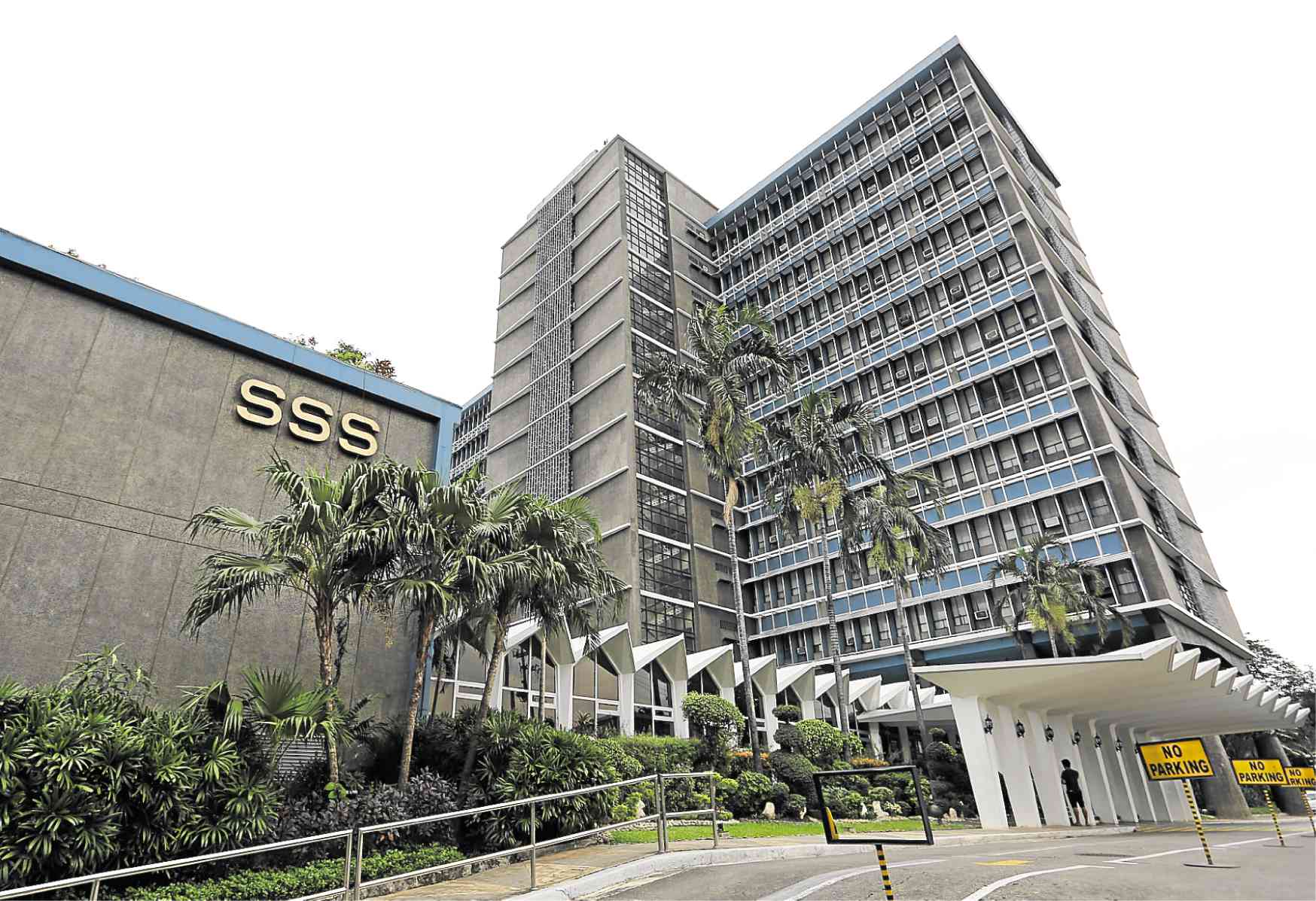
TALL ORDER The Social Security System (SSS) admits that it lacks the capacity to monitor if all household employers were paying their house help’s SSS contributions in compliance with the kasambahay law.
(Last of two parts)
It has been five years since the kasambahay law, or Republic Act No. 10361, was enacted, but the Social Security System (SSS) still has to figure out the total number of employers in the country who have not yet registered their house help for SSS coverage, and the number of those who have been paying SSS contributions regularly.
The landmark legislation, passed in 2013, requires employers to enroll their “kasambahay” for SSS membership and assume the full premium for household workers earning a monthly wage of P5,000 or less.
Workers getting more than P5,000 a month must, however, share in the premium payment.
Despite its best intentions, the law may have been observed in the breach, admitted SSS Assistant Vice President for Media Affairs Louie Sebastian, who cited “the agency’s lack of manpower and resources” for its many “oversights,” especially in checking compliance.
“We admit it’s really difficult to go house-to-house. The mapping of household employers is really a constant challenge for us,” Sebastian said.
Targeted employers
While the law has mandated that all household workers should be given social security coverage as far back as 1993 based on Republic Act No. 7655, also known as “An Act Increasing the Minimum Wage of Househelpers,” the lack of monitoring by the SSS has not compelled household employers to follow suit.
The agency’s limitation cannot be overstated.
For this year, the SSS has employed only 615 account officers nationwide to cover over 977,000 registered employers in the formal work sector. Each officer is expected to visit 1,200 companies every year, but so far no one has come close to reaching that target, according to Sebastian.
The rather disproportionate ratio between SSS personnel and targeted employers has meant that industrial or corporate bosses are given priority over household employers, given the huge number of workers involved in the formal sector, the SSS official said.
Sebastian also noted that given their informal mode of being hired, household employees have stayed under the radar over the years.
Although some house help are hired through an employment agency, most kasambahay are referred by friends, relatives or neighbors, and may also be distant or poor relatives of household employers.
Despite a provision in RA 7655, very few kasambahay have a formal work contract.
The lack of information and awareness campaign on RA 7655 has also stymied compliance with the law.
SSS records showed that from 1993 until 2003, no household employers were registered under the state-run agency. However, after the implementation of the kasambahay law in 2013, the number swelled to 286,232, and increased by 7.8 percent over the next five years, Sebastian said.
Willing to pay but …
The number of registered house help has been encouraging as well. From a handful of about 5,000 in 1993, registration jumped to 180,000 in 2017, SSS records showed.
But the question remains: how many of these registered employers and house help have been faithfully paying their SSS contributions?
The figures are “very, very low, especially among employers. It’s less than 20 percent,” admitted Sebastian.
Of 310,660 corporate employers registered, only 42,344 have remained on record. As for registered household employers, only 68,000, or about 37 percent, have been regularly paying their premiums, the SSS official said.
“It’s not because employers are unwilling to pay. Most of the complaints I get — and I understand them — dwell on the inconvenience of the payment procedure. Most of these household employers are employees too, so it’s difficult to find time to go through the procedure when the SSS office hours coincide with their working hours,” Sebastian added.
Since employers with over a hundred employees are prioritized, household employers still need to pay over-the-counter in SSS branches or in selected payment centers nationwide, she added.
Online system
“The online system is already running, but for now it’s limited to large companies,” Sebastian said, adding that “electronic billing for households [isn’t] in the pipeline yet.” Again, it’s a problem of having enough staff to encode the profiles of every registered employer and employee, a process that could take many years.
The problem is compounded by the lack of birth certificates and other official government IDs among household workers, many of whom come from far-flung areas or island provinces.
Admittedly, such barriers and the agency’s lack of monitoring capacity has pushed many employers to register their house help as “self-employed,” which, Sebastian said, is illegal and strips household employees of EC, or employee’s compensation, should they get sick or figure in work-related accidents.
Despite the lapses and flaws in its implementation, the kasambahay law remains “a very, very good law,” Sebastian said.
“It gave importance to an often neglected member of the Filipino household, who provide a very important support system especially for middle-class working people. We rely on them to take care of our children and our home,” the SSS official said.
It’s a “milestone law,” Sebastian said, but “the thing is, we also have to help employers comply with it.”